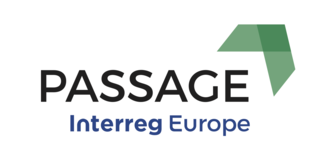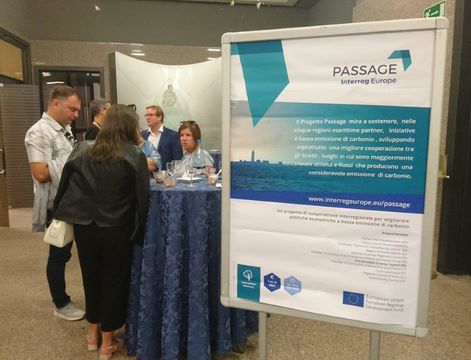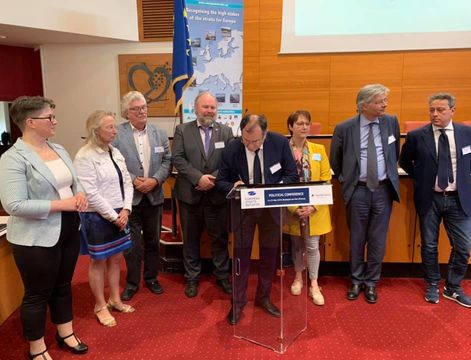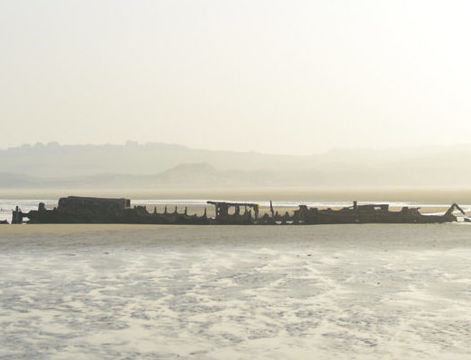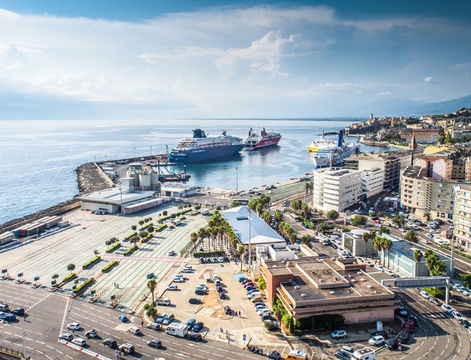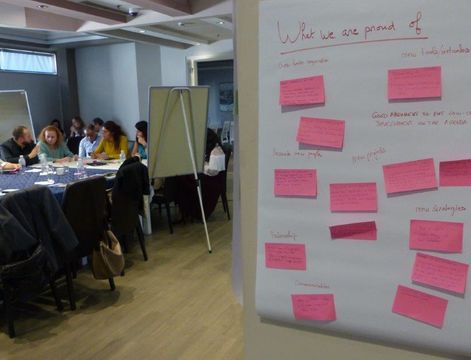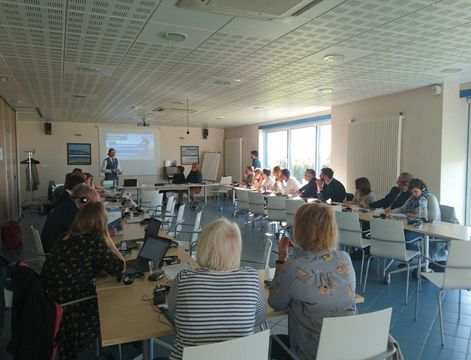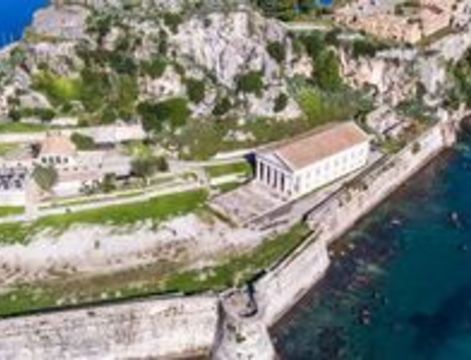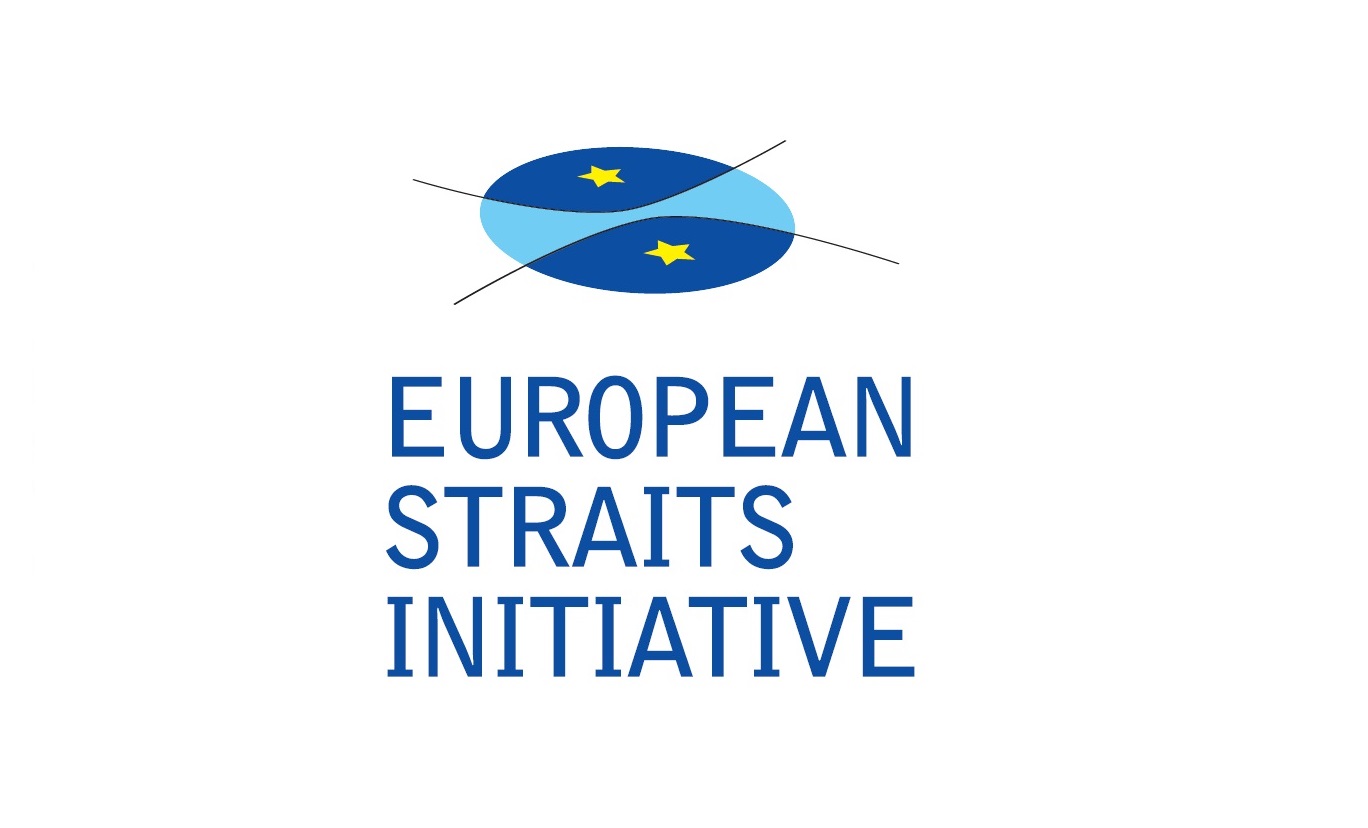Partners from the European Straits Initiative (ESI) organised a political conference on 14th and 15th May in Boulogne-sur-Mer (France). During this conference, 14 partners overviewed the work undertaken for the past 10 years and everyone had the opportunity to express views on the perspectives of work for the coming years. A work programme for 2019-2022 has been adopted, proposing to focus on three main objectives:
- Gain recognition of the particular characteristics and stakes of straits within European and national policies
- Develop mutual exchange of experiences and implement common actions and projects to answer the challenges of straits’ territories
- Share information related to issues in each strait and at European scale, to develop a joint knowledge basis.
PASSAGE project was presented as one of the main result of this political network during a round table. Panelists questioned the opportunity of low-carbon transition of straits’ areas, based on the results of PASSAGE project. Ms Hingrez-Cereda, Vice President of Pas-de-Calais County Council (France – lead partner of the project) explained that this topic “is a stake for the future, as we see that there is a climate deregulation (…) and in straits we measure it with marine submersion, coastal erosion…”. Behind PASSAGE project, “there is an issue around pollution generated in straits”, she said, “we needed to look closer and try to quantify, to measure, taking into account the activities on the sea (mostly the maritime traffic) and the activities on the coastal areas that are generated by the cross-border and maritime dimensions of our territories”.
Ms Koula Kyriaki, project manager in the Region of Ionian Islands (Greece), explained: “we created a stakeholder group with the Region, the chamber of commerce, the technical chamber of Greece (as a technical advisor), the port authority of Corfu, the Ionian university, the Greek energy power company and the municipality of Corfu. We made a lot of efforts to convince them that there is really a problem. We have presented them lots of good practices from other partners, to show them how they try to solve the problem”. Mr Jesper Bille, project manager for Fehmarnbelt Development (Denmark), highlighted the specific context of the tunnel project – that will considerably change the mobility in the Fehmarnbelt region once it opens. The work as part of the local action plan focuses on this specific topic and tries to anticipate this new mobility behaviour to offer low-carbon alternatives, thanks to new train stations.
